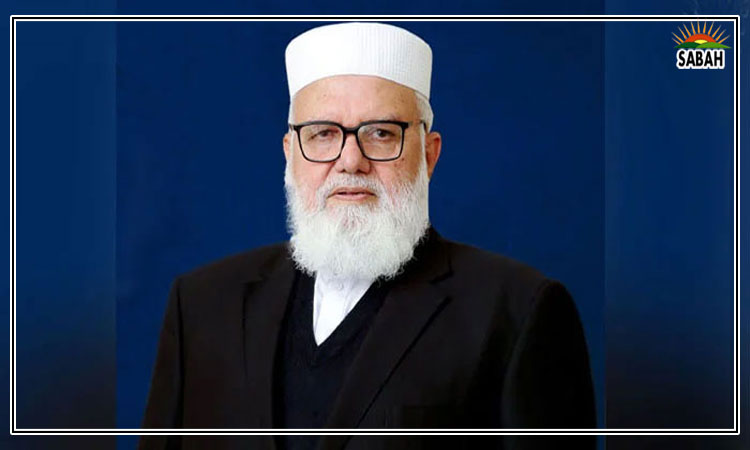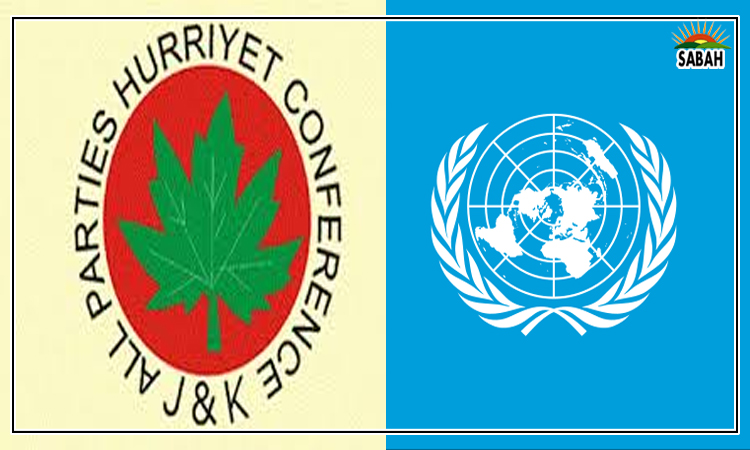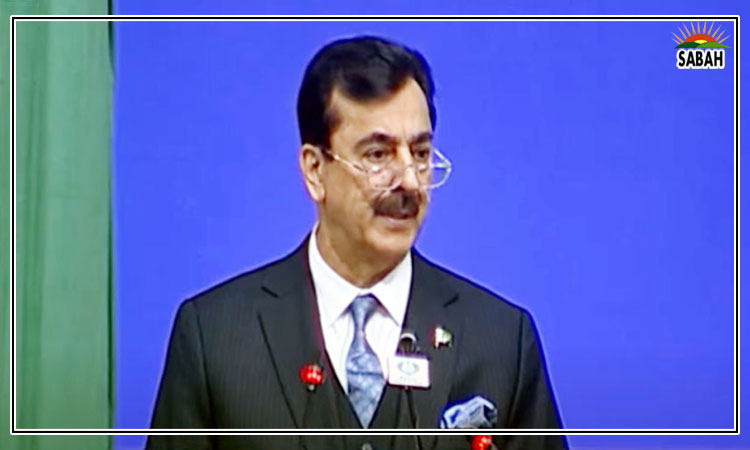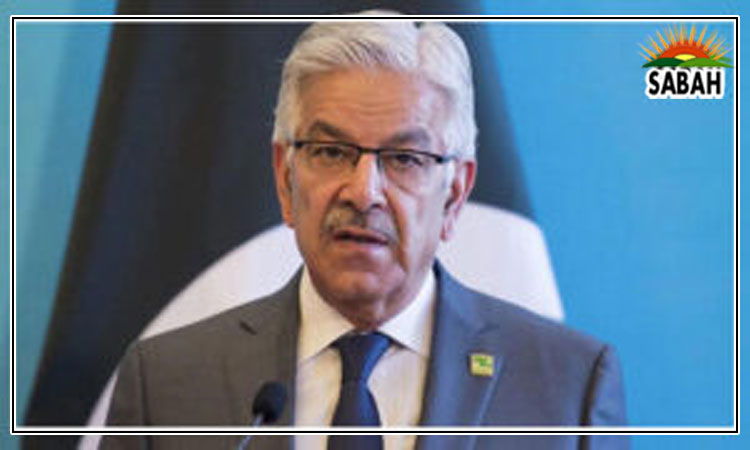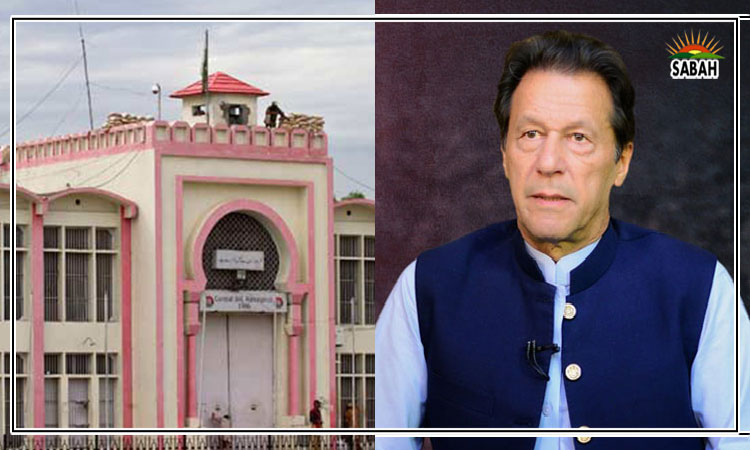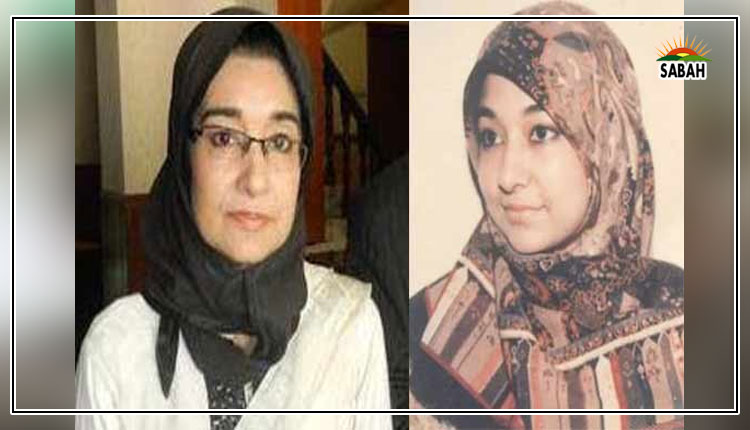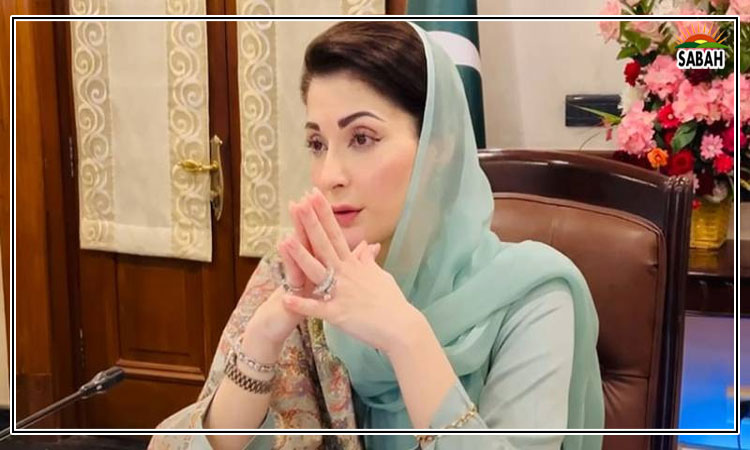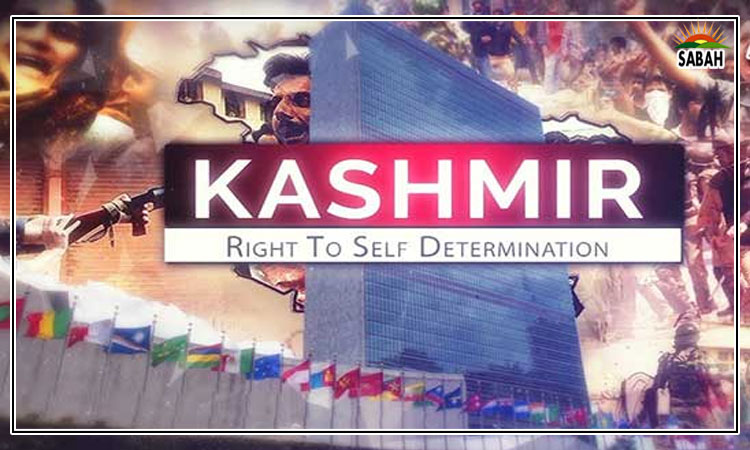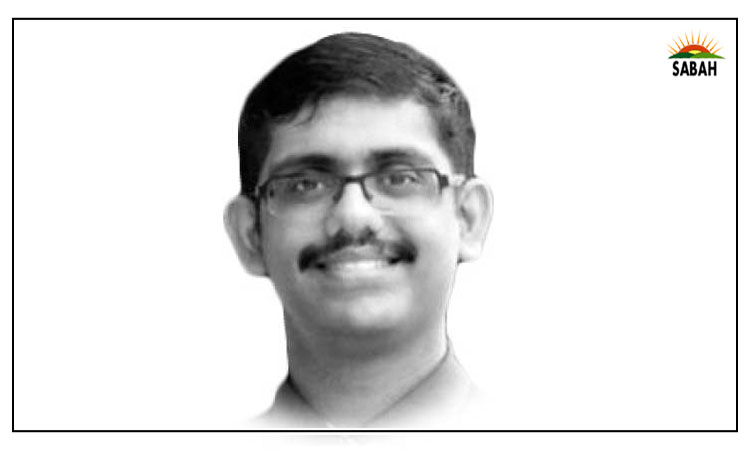Inherent flaws in political systems of Pakistan and Bangladesh…Anish Mishra
The first quarter of 2024 saw a general election in the two fringes of South Asia: Pakistan and Bangladesh. A common phenomenon in both the elections was the unprecedented victory of a large number of independent candidates in a general election held by a civilianised regime. The election in Pakistan, on 8 February 2024, witnessed 101 independent candidates winning against 266 general seats in the National Assembly. Similarly, in Bangladeshs election, on 7 January 2024, independent candidates won 62 out of 300 general seats in the Jatiya Sangsad, the countrys unicameral parliament. This new political development challenges the traditional partisan politics in Pakistan and Bangladesh, where mass illiteracy often leads voters to cast their ballots by recognition of party symbols rather than the names of individual candidates.
The reasons behind this prodigious wave of independent candidates in these two Commonwealth Muslim-majority countries are entirely different. In the case of Pakistan, 93 out of these 101 independent candidates were reported to be backed by the Pakistan Tehreek-e-Insaf (PTI). However, only 86 maintained their loyalty with the party post-vote, thus emerging as the single largest bloc in the National Assembly but yet in opposition. The PTI was banned by the Election Commission of Pakistan (ECP) from using its cricket bat symbol to contest the 2024 general election as a political party for failing to conduct intra-party elections.
In Bangladesh, the ruling Awami League allowed its members who did not receive the party ticket to contest the election under the boat symbol to run as independent candidates without losing their party membership. Therefore, the independent candidates in Bangladesh are in fact the D team of the Awami League. The B team of the Awami League is the Jatiya Party-Ershad and the C team consists of the coalition partners of the Awami League in the Grand Alliance known colloquially in Bengali as the Mahja. These A, B, C and D teams of the Awami League in the Jatiya Sangsad are orchestrated to give the de facto one-party personalised authoritarian regime the faade of a multi-party parliamentary democracy for the purpose of political legitimacy.
In addition to the 266 general seats in the National Assembly, the Pakistani constitution makes a provision for 70 reserved seats 60 for women and 10 for non-Muslim minorities. There is a similar provision for reserved seats in the Senate and Provincial Assemblies in Pakistan. In the Pakistani Senate there are 21 reserved seats while there are 74 reserved seats in Punjab Assembly, 38 in Sindh Assembly, 25 in Khyber-Pakhtunkhwa Assembly and 14 in Balochistan Assembly. This means that in all the legislative chambers of Pakistan there are a total of 242 reserved seats for women and non-Muslim minorities.
According to Article 51(6d) of the Constitution of Pakistan:
Members to the seats reserved for women which are allocated to a Province under clause (3) shall be elected in accordance with law through proportional representation system of political parties lists of candidates on the basis of total number of general seats secured by each political party from the Province concerned in the National Assembly:
Provided that for the purpose of this sub-clause the total number of general seats won by a political party shall include the independent returned candidate or candidates who may duly join such political party within three days of the publication in the official Gazette of the names of the returned candidates;
A similar provision exists in Article 51(6e) mandating the allocation of the 10 reserved seats for non-Muslims in the National Assembly. The Constitution of Pakistan and the Elections Act 2017 require that political parties must submit their priority list of nominated candidates in advance of the general election, in order to be allocated these reserved seats.
Likewise, the Constitution of Bangladesh makes a similar provision for reserving 50 seats for women out of a total of 350 seats in its parliament. However, as in the case of Pakistan these 50 reserved seats for women are allocated only to political parties based on the proportion of general seats won in the general election. This means that the independent candidates in the Bangladesh Parliament were not entitled to any share of independent candidates and their quota of women seats were distributed to the A, B and C teams of the Awami League.
In order to secure these reserved seats and to consolidate itself as a parliamentary party, the PTI-backed independent candidates on the instruction of their imprisoned leader Imran Khan moved to join a relatively unknown sectarian political party named the Sunni Ittehad Council (SIC) which did not even participate in the general election as a party with its leader himself preferring to contest as an independent candidate. In accordance with Article 51(6d) and (6e) of the constitution, the SIC failed to submit its list of nominated candidates for the reserved seats a priori to the election. Thus, they were not entitled to their share of reserved seats no matter how many general seats they had in the National and Provincial Assemblies. The ECP ruled 4-1 in a verdict dismissing the SIC-PTI application to be allotted their share of reserved seats. As such, their share of reserved seats was given to other political parties. The allocation of reserved seats transformed the electoral outcome in Pakistan from a hung parliament to the formation of numerically strong government with a two-thirds majority in the National Assembly commanding the support of at least 230 out of 336 members.
In conclusion, the 2024 general elections in Pakistan and Bangladesh have exposed several important flaws in their political systems, particularly regarding the allocation of reserved seats and the accommodation of independent candidates. The unprecedented victory of a significant number of independent candidates in both countries has brought to light the inadequacies of existing constitutional provisions and laws, biased towards political parties and failing to accommodate the evolving landscape of electoral politics in the two South Asian countries. As Winston Churchill once famously remarked, Democracy is the worst form of government, except for all those other forms that have been tried from time to time. Ultimately, the mandate of the people must be transferred into the political composition of elected bodies as espoused in the Latin idiom, Vox Populi, Vox Dei, meaning the voice of the people is the voice of God.
Courtesy The Express Tribune


